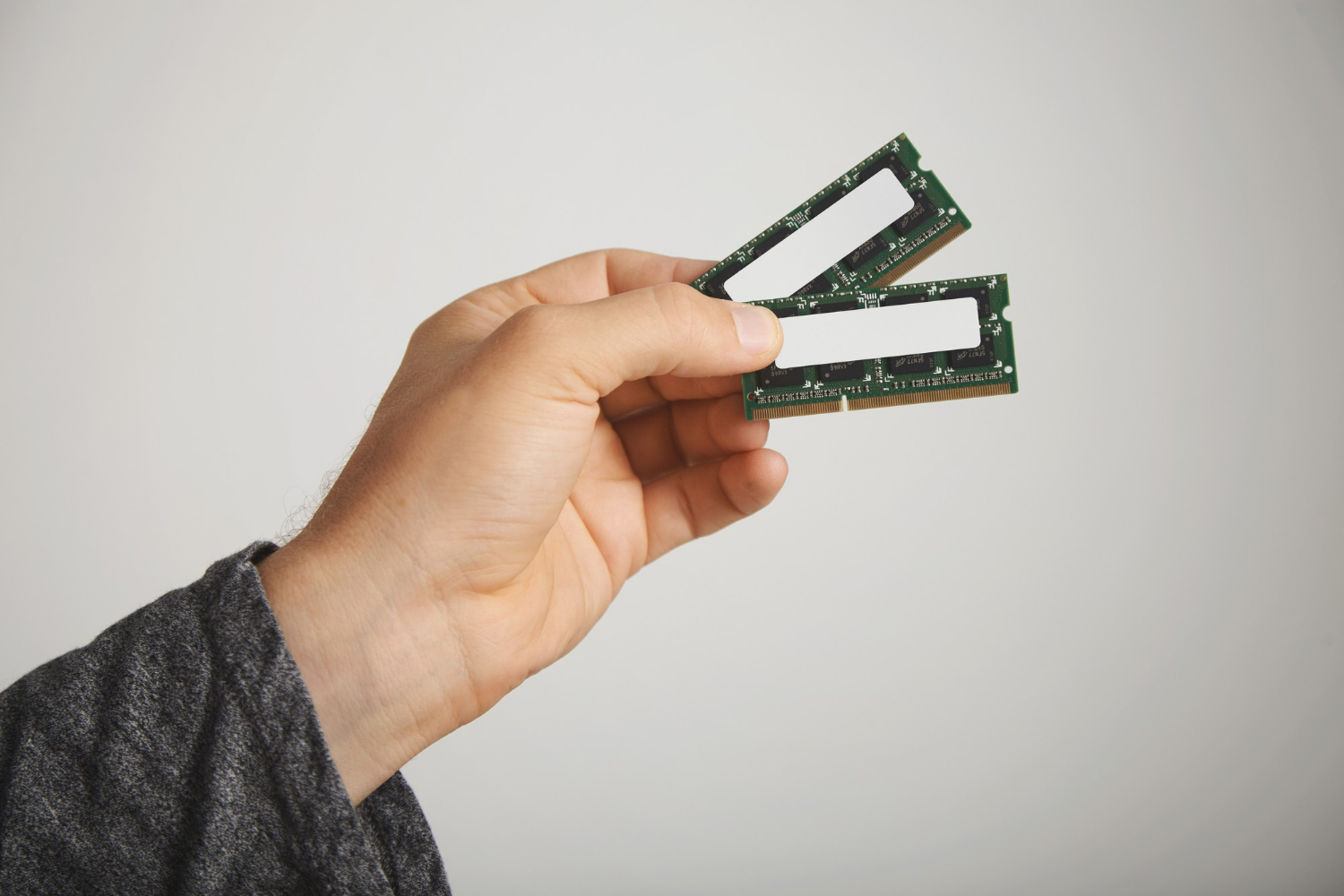
Memory products are crucial components in the modern technological ecosystem, serving as the foundation of countless applications and devices that rely on data storage and access. Industrial memory products, in particular, cater to specific industry requirements and provide robust, reliable, and durable solutions where standard commercial memory might not suffice. Understanding the evolution of industrial memory products and their applications can provide valuable insights into the factors driving innovations and advancements in the field. Moreover, it offers a greater appreciation for the thriving market that Nexus is proud to be a part of.
In this article, we will embark on an intriguing journey that traces the development of industrial memory products, beginning with their earliest incarnations and leading up to the sophisticated solutions available today. We will delve into the various memory technologies that have emerged over time, reflect on the driving forces behind their invention, and consider the impact that these innovations have had on market demands and expectations. Additionally, we will examine the expanding range of applications where industrial memory products have become essential, including sectors such as automotive, healthcare, telecommunications, and energy.
A Brief History of Memory Technologies
The journey of memory products, from their rudimentary beginnings to the sophisticated solutions in use today, encompasses numerous milestones and achievements. Here, we present a timeline that highlights pivotal moments in the evolution of memory technologies:
- 1950s and 1960s: The use of magnetic drums and ferrite core memory marked the early storage systems, predominantly employed in mainframe computers and other specialised devices.
- 1970s: The advent of semiconductor technology led to the development of Static Random Access Memory (SRAM) and Dynamic Random Access Memory (DRAM), offering faster and more efficient data storage.
- 1980s: Read-Only Memory (ROM) and Erasable Programmable Read-Only Memory (EPROM) emerged as crucial technologies for firmware storage.
- 1990s: The introduction of NAND Flash memory revolutionised data storage by providing fast data access, high storage density, and non-volatility.
Growing and Diversifying Applications
The steady advancement of memory technologies has spurred an expansion in their range of applications. Some key sectors that heavily rely on industrial memory products include:
- Automotive: Memory solutions play a critical role in various automotive applications, such as engine management systems, navigation, and sensor systems, demanding high performance and reliable storage.
- Healthcare: Medical devices, patient monitoring systems, and imaging equipment require robust and durable memory products that ensure sensitive data remains secure, accurate, and easily accessible.
- Telecommunications: The telecom industry relies on industrial memory products for network equipment, such as base stations, routers, and switches, highlighting the need for high-speed data access and reliable data storage.
- Energy: Industrial memory is essential in managing energy-related infrastructure, such as power grids, renewable energy monitoring, and energy storage systems, where operational efficiency and reliability are critical.
Challenges and Innovations in Memory Technologies
As memory products have advanced in response to both technological progress and the demands of expanding applications, several challenges and breakthroughs have shaped their development:
- Data Density: The growth in data volumes has driven the need for memory products with higher storage capacities, leading to innovations like 3D NAND Flash and increased chip stacking in memory die.
- Speed and Performance: Rapid data access and reduced latency are vital for many applications, inspiring the development of high-performance solutions like High Bandwidth Memory (HBM) and DDR5.
- Durability and Endurance: Harsh environments and mission-critical applications necessitate memory products that can withstand physical factors like extreme temperatures, vibrations, and humidity.
- Energy Efficiency: Growing concerns about energy consumption have necessitated innovations in-memory technologies that offer reduced power usage without compromising performance, such as Low Power DDR.
Future Trends and Developments
With the constantly evolving digital landscape and growing dependence on big data and Internet of Things (IoT) applications, the future of memory technologies and their applications appears both promising and fascinating:
- Emerging Memory Solutions: The development of novel memory technologies such as Magnetoresistive RAM (MRAM), Resistive RAM (RRAM), and Ferroelectric RAM (FRAM) hold the potential for further improvements in performance, density, and power efficiency.
- Memory for AI and Machine Learning: As artificial intelligence and machine learning applications continue to advance, memory products must adapt by offering enhanced data processing capabilities and reduced latency, contributing to increased computational efficiency.
- Secure Memory: In an era marked by growing concerns about cybersecurity and data privacy, memory products that integrate advanced security features will be increasingly crucial to protect sensitive data.
Conclusion
The evolution of industrial memory products serves as a testament to the remarkable progress and ingenuity that characterise the memory industry. From their early days as limited storage systems to the sophisticated, high-performance solutions available today, memory products have adapted and advanced in response to technological advancements, market demands, and the ever-growing need for reliable and efficient data storage.
The future promises even more innovations, with the emergence of novel memory technologies and the increasingly critical role of memory solutions in areas like big data, IoT, artificial intelligence, and cybersecurity. By understanding the journey of memory products and anticipating upcoming trends, Nexus remains committed to offering cutting-edge memory solutions tailored to customers’ unique requirements, helping businesses navigate and succeed in the continually evolving digital world.
Are you tired of settling for standard memory products that just don’t meet your needs? Look no further than Nexus! We specialise in memory products that are designed for customers who need more than standard commercial memory. With thirty years of experience in the industry, our team knows exactly what it takes to provide you with secure data storage. We are committed to providing you with the best products and services so you can trust that you’re getting the best value for your money. So why wait? Contact Nexus today and experience the confidence that comes from working with a team that really knows what they’re doing!







